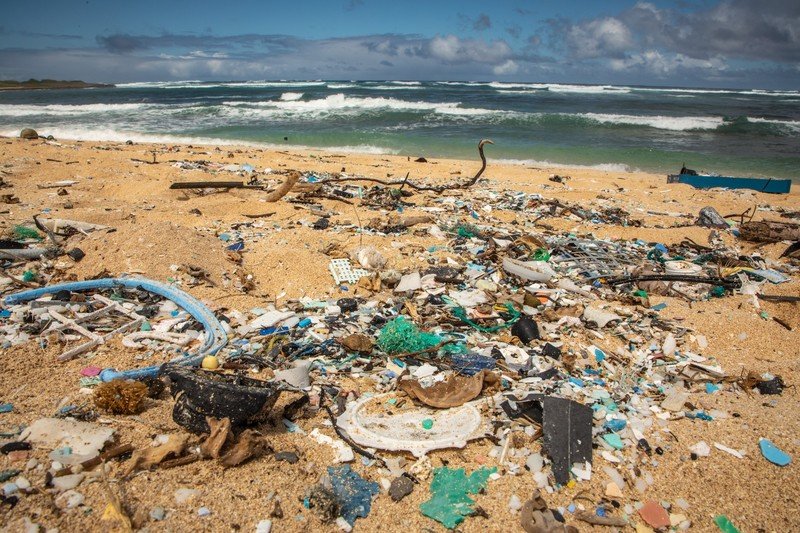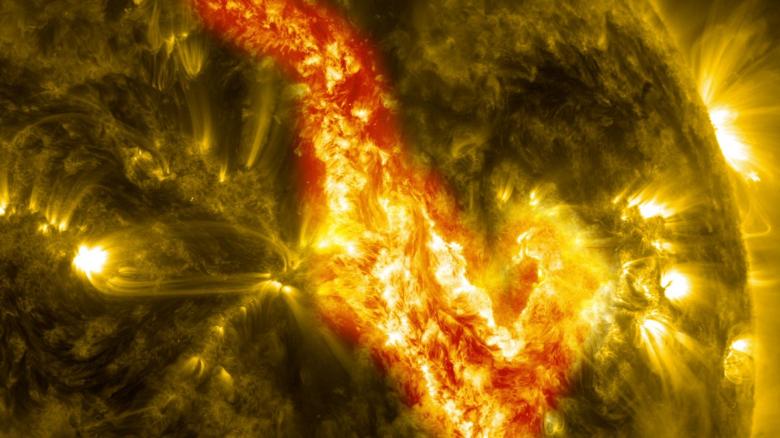The latest United Nations plastics treaty negotiations in Geneva ended without consensus on August 15, 2025, as countries failed to bridge deep divisions over how to tackle the growing global plastic pollution crisis. During the two-week meeting, delegates from 184 countries debated key issues but couldn’t agree on a final text for the international legally binding instrument.
“All countries want to remain at the table,” said UN Environment Programme chief Inger Andersen at the conclusion of the talks, emphasizing that work would continue despite the setback. UN Secretary-General António Guterres expressed “deep regret” over the failed negotiations but urged countries to keep working toward a binding agreement.
The deadlock centered on a fundamental split between two blocs. About 100 “high-ambition” countries including the European Union, Norway, UK, and Pacific Small Island Developing States pushed for binding caps on plastic production and controls on harmful chemicals. Meanwhile, a “Like-Minded Group” led by Saudi Arabia, Russia, Iran, and Kuwait – joined by India and China – opposed production limits and advocated for focusing on waste management and voluntary measures instead.
A draft text proposed by committee chair Luis Vayas Valdivieso faced rejection from both sides. High-ambition countries criticized it for lacking strong binding obligations, while the Like-Minded Group argued it exceeded the negotiating mandate. India specifically opposed language limiting polymer production in Article 6 and pushed against phase-out dates for certain plastics.
Similar Posts
The talks saw a dramatic increase in bracketed text – portions of the document where countries couldn’t agree – from roughly 300 brackets at the start to approximately 1,500 mid-negotiations, highlighting how far apart positions remained.
Environmental advocates noted the stakes are enormous. Without strong global action, plastic production could triple by 2060, with scientists estimating the health and environmental costs already exceed $1.5 trillion annually. Plastic pollution has been found everywhere from deep ocean trenches to human bloodstreams.
“This isn’t the result we fought for, but it’s better than locking in a sham treaty that lets plastic production keep skyrocketing,” said David Derrick, an attorney at the Center for Biological Diversity who attended the negotiations.
The meeting drew more than 2,600 participants, including approximately 1,400 country delegates and nearly 1,000 observers from civil society, Indigenous Peoples, waste pickers, youth groups, and scientists. Negotiators agreed to resume discussions at a future date to be announced, though no specific timeline was provided.
The plastics treaty process, which began following a historic UN Environment Assembly resolution in 2022, was originally scheduled to conclude by late 2024.



















